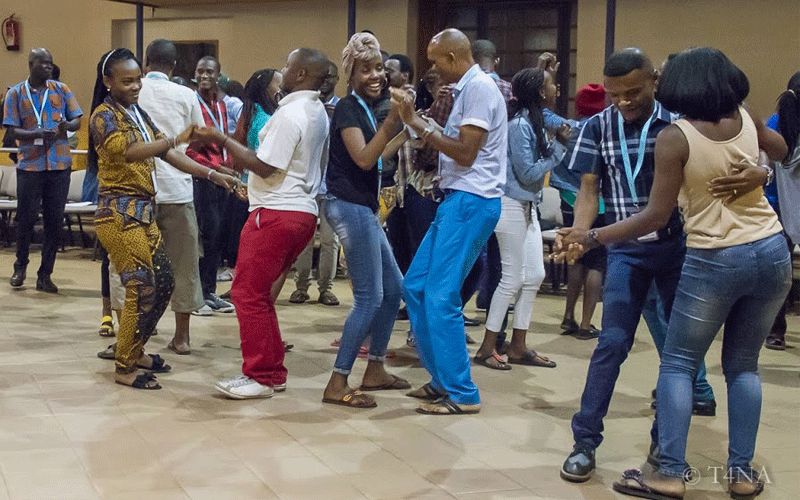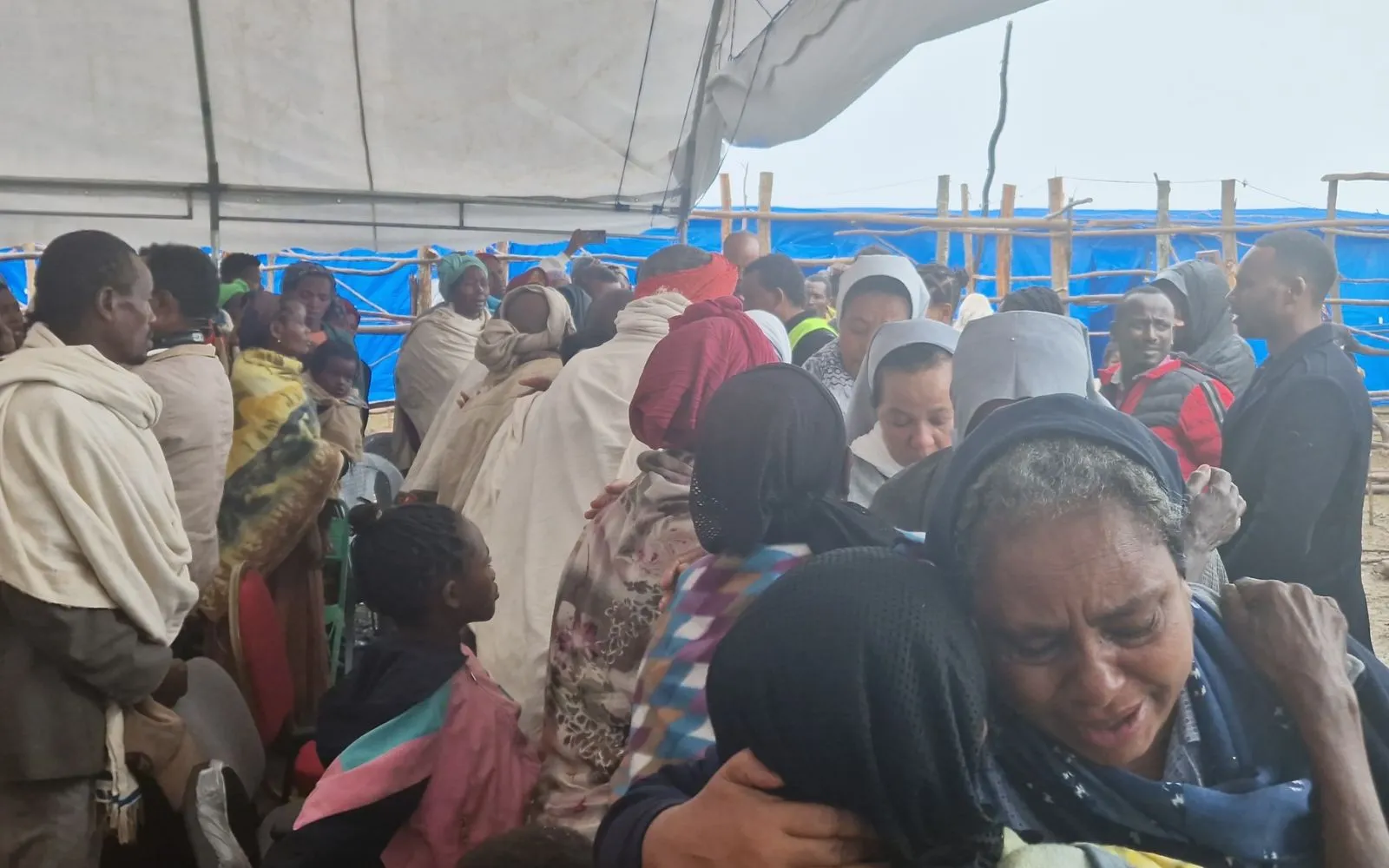Jacqueline Njeru, a Kenyan, expressed her appreciation for the just concluded training and recalled the maiden one that took place in January 2019 saying, “We appreciate the well-thought-out and participatory nature of the trainings which are largely youth-led.”
For Ms. Njeru who is the Deputy Director in the Social and Human Sciences Program at the Kenya National Commission for UNESCO (KNATCOM), the fact that the T4NA trainings are youth-led is significant because “UNESCO and Africa Agenda 2063 require us all as stakeholders to ensure focused initiatives are also youth led.”
She appreciated the multi-national nature of participants saying, “Due to the consistency in the participation of the youth from different countries the messages of leadership and identity are well discussed and articulated.”
“It is my hope that through this multi-disciplinary and participatory approach, participants will be able to apply the knowledge and skills in their day to day lives,” Njeru added.
Asked how the theme of T4NA’s training, “African Identity and Leadership for Unity,” was realized, the Kenyan-born representative at KNATCOM said, “The program has promoted the culture of unity as evidenced by the inclusion of youths from different countries and diverse backgrounds thus promoting intercultural dialogue.”
“It has also supported the youth to better understand the importance of reflecting on (their) personal identity and broader identities and how this contributes to our thoughts and actions,” Ms. Njeru added in reference to the just concluded training.
T4NA which is an initiative of former students of Italy-based Sophia University Institute run by the Focolare Movement started in 2014. The seven countries represented at the training included Burundi, Kenya, Rwanda, South Sudan, Tanzania, Uganda and the Democratic Republic of Congo (DRC).
According to the regional coordinator of T4NA initiative, Dr. Melchior Nsavyimana, the program achieved its purpose as outlined in the theme since participants were led to a “better understanding of this culture of unity and African identity for good leadership.”
“We have done a survey to know (how) they feel as participants and all of them highlighted the new way of thinking in unity in diversity,” Burundian-born Kenya-based Dr. Nsavyimana disclosed.
Clarifying the methodology of the survey, Ernst Ulz who has been involved in planning for the T4NA trainings told ACI Africa, “We made a questionnaire and found out that many (young African leaders) feel that they can do something and they will do something to bring the change they want. So together for new Africa is enabling people to bring a change in their lives and in the lives of the society.”








